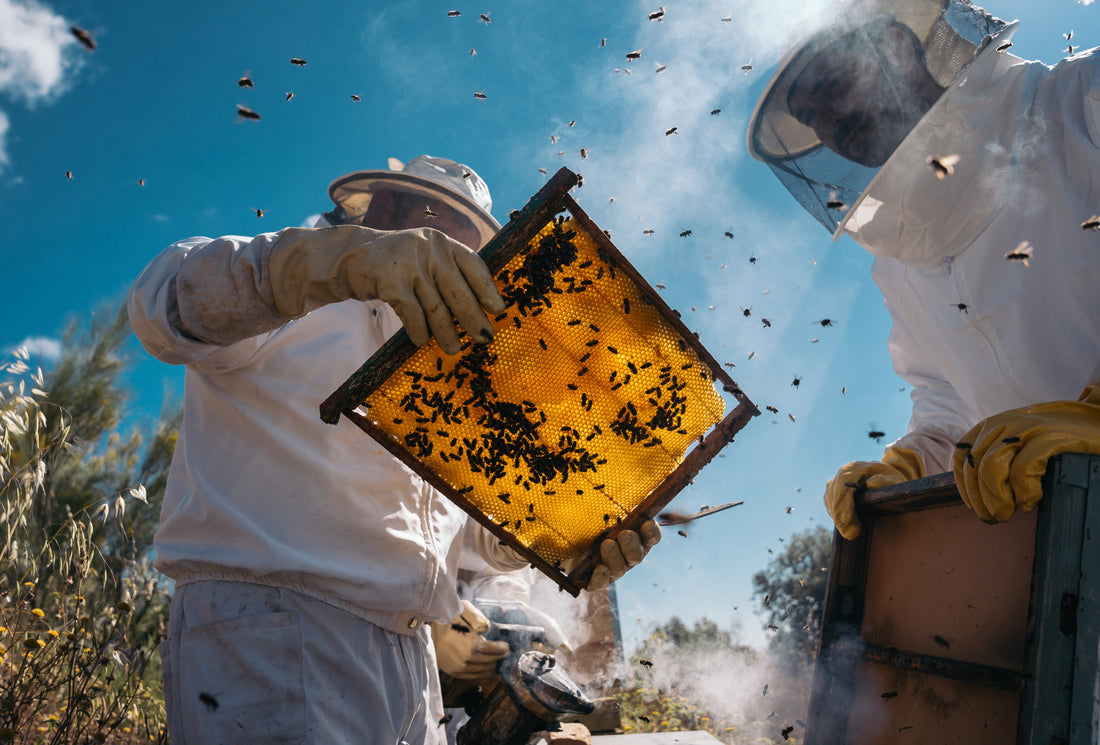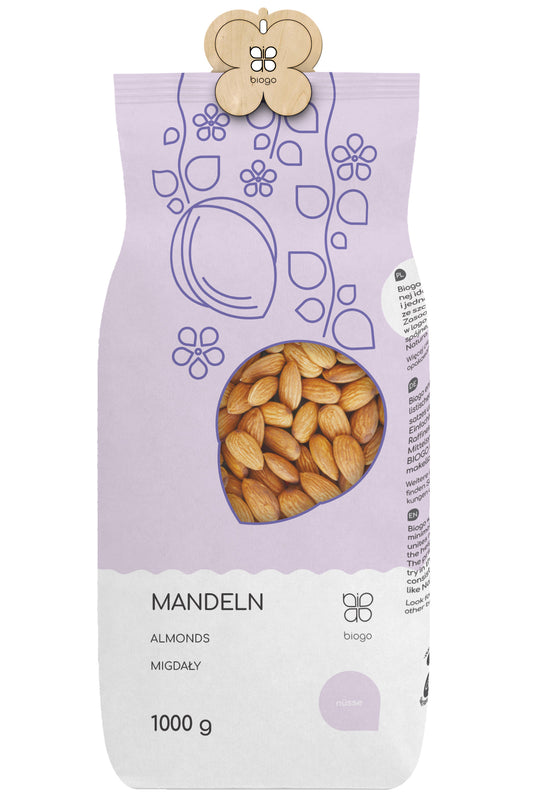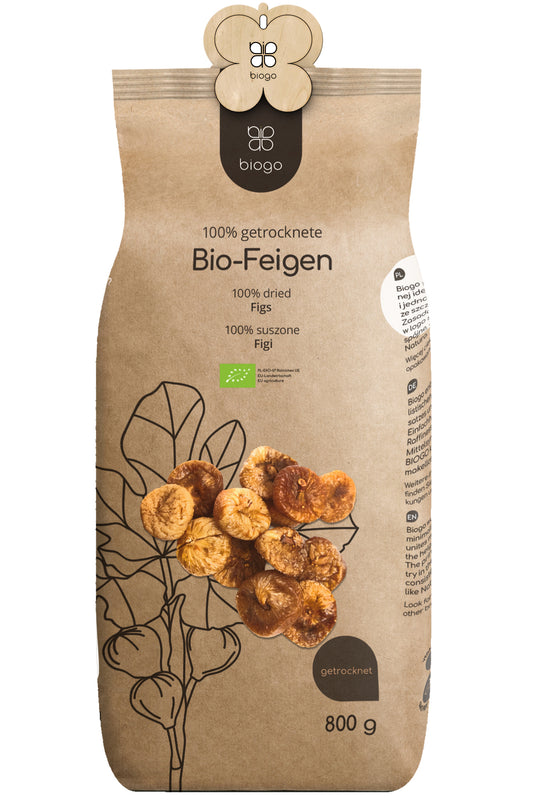- Royal Jelly - Properties and Composition
- Royal Jelly - Application
- The use of royal jelly in cosmetics
- How do you use royal jelly?
- Royal Jelly - Contraindications for use
Regarded as a nutritional supplement for youth and longevity and even called by some the elixir of youth, royal jelly is a secretion produced by young worker bees. This slightly jelly-like, slightly gel-like and quite sour-tasting cream-colored substance serves to nourish the larvae of worker bees and drones for the first 3 days of their lives. The queen bee, on the other hand, is fed this bounty her entire life. It is this unusual substance that allows worker bees to live for only a month, while queen bees can live up to six years. Since royal jelly is not produced in large quantities, it is mass-marketed as royal jelly in honey and in the form of capsules .
Royal Jelly - Properties and Composition
This product, known in folk medicine for years, has interested modern scientists who have recognized its health-promoting properties. It turns out that the ancient healers were right when they said that royal jelly provides our body with many valuable and necessary nutrients. The chemical composition of this product obtained from bees is exceptionally rich. It consists of about 65% water, 12% protein, 12% sugar, 6% lipids and 5% organic acids, hormones (progesterone, estradiol and testosterone), mineral salts and vitamins, the content of which is significantly higher than in honey and pollen. In addition, royal jelly contains fatty substances, i.e. saturated and unsaturated fatty acids, waxes, sterols and phospholipids, unsaturated carboxylic acids and about 5% organic acids, pyruvic and lactic acid, glucose and fructose, as well as complex sugars such as maltose, sucrose and genciobiose. The protein, consisting primarily of globulins and albumins, contains up to 25 amino acids, of which it is easily absorbed by humans and significantly exceeds the nutritional value of proteins from cow's milk and beef. It is also a valuable source of macro- and micronutrients such as:
- Copper,
- Iron,
- Magnesium,
- Phosphorus,
- Potassium,
- Manganese,
- Zinc,
- Sulfur,
- Cobalt,
- Nickel,
- Vitamins C, B1, B2, B6, biotin, folic acid and vitamin B12,
- Pantothenic acid,
- Nicotinic acid,
- Vitamin PP,
Royal Jelly - Application
Bee milk has a beneficial effect on the entire body, and due to its resistance-enhancing properties, its use is especially recommended in autumn and winter. This product enhances both intellectual and physical fitness. The lotion works:
- bactericidal,
- Strengthening,
- supports the immune system,
- improves concentration and work efficiency,
- gives energy and eliminates signs of fatigue.
It supports the treatment of diseases such as:
- Osteoporosis,
- Arteriosclerosis of the blood vessels,
- coronary circulatory disorders,
- Inflammation of the veins,
One of the most valuable properties of royal jelly is that it enhances tissue regeneration and metabolism. It increases protein metabolism, raises hemoglobin levels, and increases the number of red blood cells. It is a product of high nutritional value that is easily absorbed by the body. It accelerates the reconstruction of soft tissues, shortens the healing time of wounds and burns, and prevents bone decalcification after severe fractures. It inhibits the development of pathogenic yeasts and molds and has bactericidal properties that act on Staphylococcus aureus, anthrax bacilli, Mycobacterium tuberculosis, pneumococci, and intestinal bacteria. In addition, it has a beneficial effect on the central nervous system, increases the activity of the cerebral cortex, has antidiabetic properties, prevents gout, and helps protect the liver from poisoning with toxic substances.
Bee milk is widely used in dermatology for the treatment of slow-healing wounds, bedsores and burns, seborrhea, eczema, impetigo, seborrheic and alopecia areata, as well as inflammation of the oral mucosa, tongue, throat, gums, and herpes. It prevents the development and helps treat diseases of the gastrointestinal tract, such as duodenal ulcers and colitis, as well as inflammation of the pancreas, liver, and gallbladder. Its use is beneficial in times of malaise, exhaustion, weakness, and muscle tension, nervous exhaustion, and insomnia. It is especially recommended for people undergoing convalescence, after serious illnesses, and after surgeries.
Bee milk is also used to treat kidney and adrenal insufficiency. It has a diuretic effect. It also supports the treatment of rheumatic diseases, rheumatoid arthritis, osteoarthritis, as well as migraines, neuralgia, and post-traumatic pain. It is also used in the treatment of cardiovascular diseases, for example:
- in pre-infarction and post-infarction conditions,
- angina pectoris,
- Hypertension,
- traffic jam,
- Atherosclerosis
- ischemic heart disease.
The use of royal jelly in cosmetics
It is a valuable ingredient in creams and lotions, primarily due to its skin-renewing properties. Cosmetics with Royal Jelly:
- stimulate cell metabolism,
- normalizes the secretion of the sebaceous glands,
- have a firming, moisturizing and regenerating effect.
How do you use royal jelly?
Due to its characteristic bitter, sour, and astringent taste, as well as its characteristic pungent odor, royal jelly is best taken with honey or in capsule form, as directed on the package. Pure milk is best taken under the tongue and held for a few minutes. Treatment with royal jelly should last at least four weeks and up to two months, and it is worth repeating it twice a year as a preventative measure. A mixture of honey and milk can be used twice a day, one teaspoonful one hour before meals and two hours after dinner.
Royal Jelly - Contraindications for use
Royal jelly should not be used by people with allergies to bee products or by people with Addison's disease. Symptoms of intolerance to this product include:
- stomach pain,
- Nausea and vomiting
THE PUBLISHER'S CHOICE
Dried dates 1 kg BIOGO
- £4.00
£5.00- £4.00
- Unit price
- / per
Almonds 1 kg BIOGO
- £11.00
£13.00- £11.00
- Unit price
- / per
Peeled sunflower seeds 1 kg BIOGO
- £3.00
£4.00- £3.00
- Unit price
- / per
Dried organic mango 400 g BIOGO
- £10.00
- £10.00
- Unit price
- / per
Dried White Mulberries 500 g ORGANIC
- £6.00
£7.00- £6.00
- Unit price
- / per
Popcorn (corn kernels) organic 1 kg BIOGO
- £6.00
- £6.00
- Unit price
- / per
Organic Ground Turmeric 500 g BIOGO
- £6.00
- £6.00
- Unit price
- / per
Milk thistle seeds 1 kg BIOGO
- £4.00
- £4.00
- Unit price
- / per
Dried organic figs 800 g BIOGO
- £27.00
- £27.00
- Unit price
- / per
Bag #changezbiogo Cotton v.2
- £3.00
- £3.00
- Unit price
- / per






































































































































